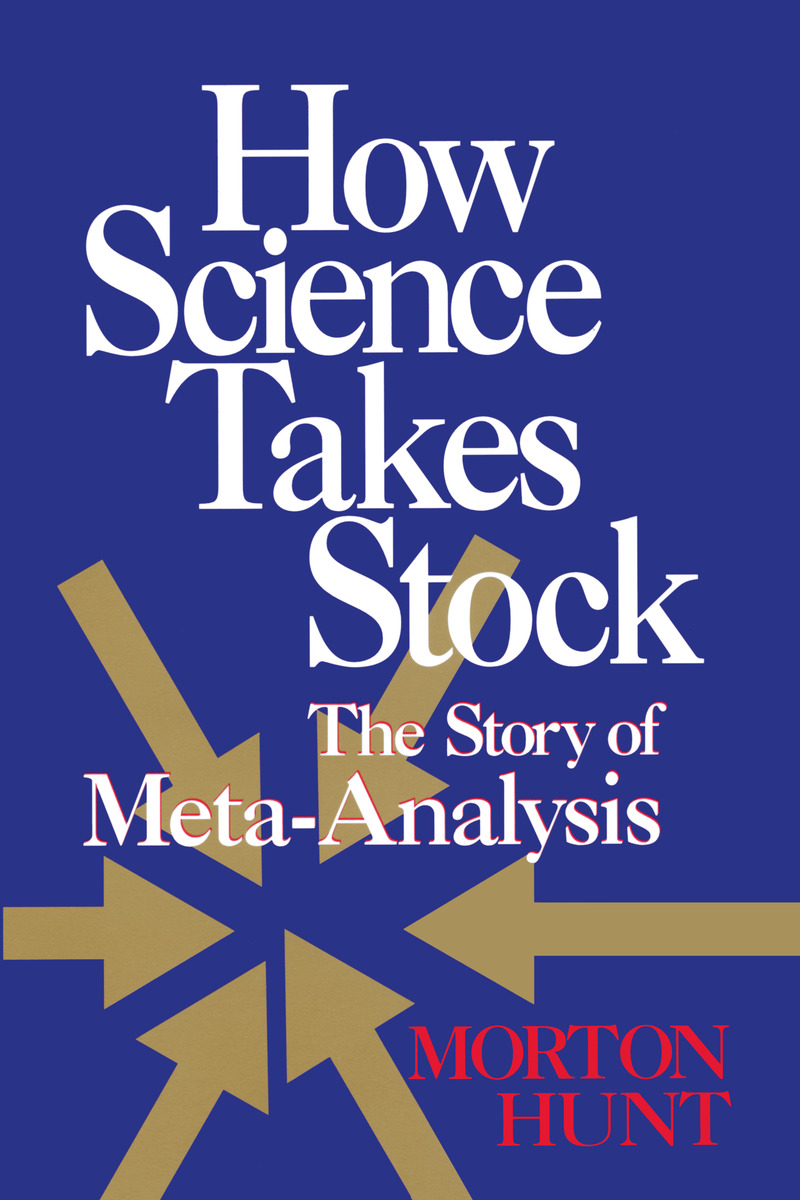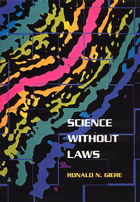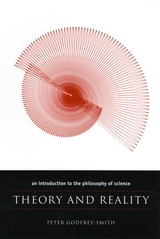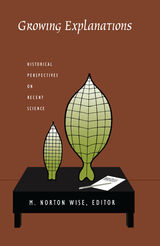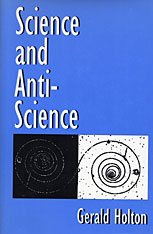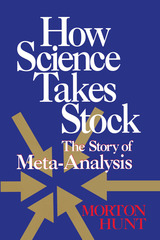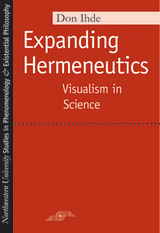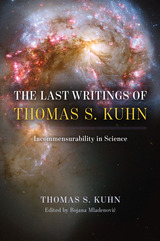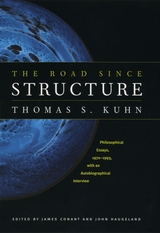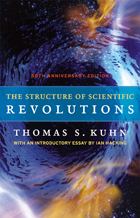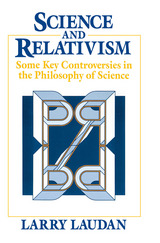How Science Takes Stock: The Story of Meta-Analysis
Russell Sage Foundation, 1997
Paper: 978-0-87154-398-1 | Cloth: 978-0-87154-389-9 | eISBN: 978-1-61044-296-1
Library of Congress Classification Q175.H94 1997
Dewey Decimal Classification 001.422
Paper: 978-0-87154-398-1 | Cloth: 978-0-87154-389-9 | eISBN: 978-1-61044-296-1
Library of Congress Classification Q175.H94 1997
Dewey Decimal Classification 001.422
ABOUT THIS BOOK | AUTHOR BIOGRAPHY | TOC
ABOUT THIS BOOK
Policymakers, medical practitioners, and the public alike face an increasingly bewildering flood of new and often contradictory scientific studies on almost every topic. Whether the issue is the the best treatment for breast cancer, the need for prenatal food programs to improve the health of poor infants and mothers, or the ability of women to succeed in scientific professions, the healthy growth of modern science has at times done more to stir up controversy than to establish reliable knowledge. But now scientists in several fields have developed a sophisticated new methodology called meta-analysis to address this problem. By numerically combining diverse research findings on a single question, meta-analysis can be used to identify their central tendency and reach conclusions far more reliable than those of any single investigation. How Science Takes Stock vividly tells the story of meta-analysis through the eyes of its architects and champions, and chronicles its history, techniques, achievements, and controversies. Noted science author Morton Hunt visits key practitioners and recounts their use of meta-analysis to resolve important scientific puzzles and longstanding debates. Does psychotherapy work, and if so what form works best? Does spending federal money on education really improve student performance? Can a single enzyme significantly decrease the risk of heart attack? Do boot camps reduce juvenile delinquency? With each account, Hunt illustrates the major components of the meta-analytic method, reveals strategies for resolving practical and theoretical problems, and discusses the impact of meta-analysis on the science and policy communities. In many cases, he demonstrates how meta-analysts have gone a step further to determine the causes of earlier discrepancies. In this way they not only identify successful approaches to the question at hand, but also clarify the conditions under which they will work best. Hunt also portrays the important but frequently controversial business of doing meta-analysis for legislators and government agencies, particularly in sensitive areas of social policy. How Science Takes Stock demonstrates how the statistical techniques of meta-analysis produce more accurate data than the standard literature review or the old-fashioned process of tallying up the results of each scientific study as if they were votes in an election to decide the truth. Hunt also addresses issues of quality control in each phase of the meta-analytic process, and answers skeptics who claim that the dissimilarities between studies are often too significant for meta-analysis to be any more than an apples and oranges approach. This volume conveys the power of meta-analysis to help social policymakers and health professionals resolve their most pressing problems. How Science Takes Stock concludes with a discussion of the future of meta-analysis that examines its potential for further refinements, its growth in the scientific literature, and exciting new possibilities for its future use. An appendix by meta-analysis expert Harris Cooper offers some finer points on the mechanics of conducting a meta-analytic investigation.
See other books on: Meta - Analysis | Meta-analysis | Miscellanea | Statistics | Story
See other titles from Russell Sage Foundation
